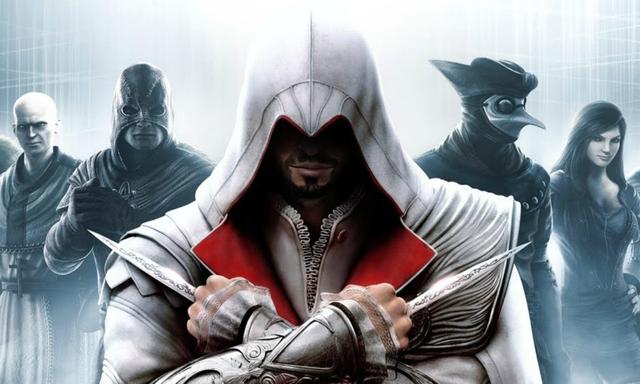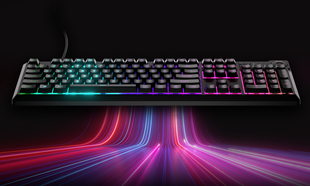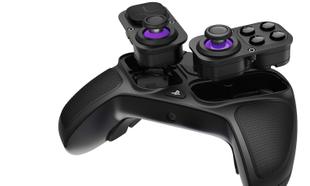'Assassin's Creed: The Ezio Collection' gives players the chance to experience the adventures of Ezio Auditore on the go.
The collection is the same versions of the games released for PlayStation 4 and Xbox One back in 2016.
The graphics are largely identical to the previously released version of the collection, so for players who have already shelled out for the collection on older hardware, there isn't much to recommend apart from the novelty factor of playing 'Assassin's Creed' on a bus.
However, for new fans of the series who want to see how the series has evolved over the years, the collection is worth picking up.
There are three games in the collection: 2009's 'Assassin's Creed 2' which is widely seen as the turning point in the series, 2010's 'Assassin's Creed Brotherhood' which is a firm fan favourite, and 2011's 'Assassin's Creed Revelations' which caps the trilogy.
Early games in the series were hampered by the fixation with the real-world, techno-thriller elements, and in playing through the games, we're reminded why these sequences outside the Animus were so annoying and pointless.
The games in the collection take part in Renaissance-era Italy and the final game in the package, 'Revelations' takes place during a struggle between the Ottomans and Byzantines.
Having the exciting, swashbuckling action broken up by Desmond faffing around outside the Animus brings the pacing to a screeching halt, and yes, it is as tenuous and tedious as you remember.
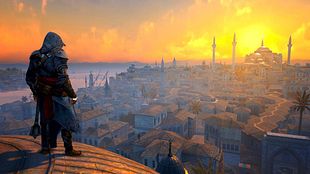
Later games in the series thankfully minimise the modern-day storyline or downplay it, so being reminded of these boring segments drag down the experience.
Thankfully, the sections set in the past are still vintage, first-rate fun.
'Assassin's Creed 2' was seen as a major leap forward for the series, cutting down the flabbiness around the edges that brought down the original 2007 game and gave players a more refined, tighter sequel.
'Assassins' Creed 2' is regarded as one of the best video game sequels ever, and it still plays great over 10 years later.
The combat is satisfying, Ezio is a likeable character, and wandering around Italy in its heyday remains as impishly addictive as ever.
'Assassin's Creed Brotherhood' has always been this writer's personal favourite in the series, with the combat the best it's ever been, the property side management is strangely addicting, and the 'Football Manager' style system of training up assassins is compelling.
2011's 'Assassin's Creed Revelations' sold well and capped off the trilogy in a satisfying way, but has been forgotten in the series' history.
It probably didn't help that it was sandwiched between 'Brotherhood' and 2012's 'Assassin's Creed III', but the game is guilty of ramping up the modern-day elements to an extreme.
The first-person platforming sequences were just as pointless and redundant in 2011 as they are now, and subtracts from what is otherwise an engaging and interesting hidden gem in the series.
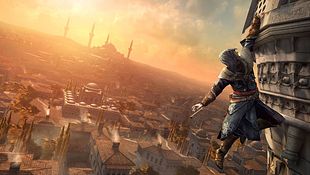
Overall, the games perform quite well on the Switch's hardware, with the frame rate remaining solid even during intensive action sequences, the load times are reliably quick, and the controls are responsive and fluid.
The graphics are from the turn of the 2010's so it still looks quite decent on the Switch's hardware, but the 480P limitations of the Switch in docked mode have not been kind to the games of the era on bigger televisions.
This isn't a problem with the game as such as it is an inherent problem with the Switch itself, but if you were to pick up the game for your Switch, we'd recommend playing in handheld mode.
If you already have the collection on other consoles, there isn't a lot to recommend outside the aforementioned handheld factor, but if you're a new fan of the series or haven't picked up the collection, the collection is worth picking up.
